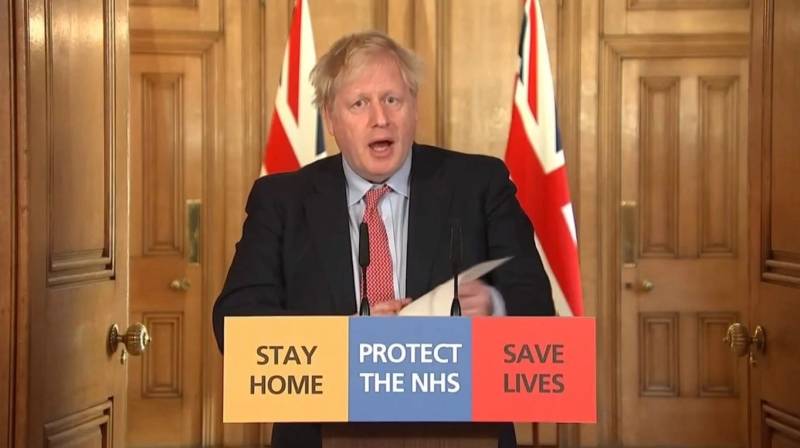
The speech about rushing towards herd immunity by Boris Johnson on the advice of his chief public health advisor was perceived with shock and dismay across the globe. But in reality the reversal of this, however terrible, decision was not done as a result of it being implausible. It was because the rate of potentially sick people to be treated by the hospitals was thought to be unmanageable for the dealing capacity of National Health Service of the United Kingdom.
What were the factors for opting to contract the virus in large numbers and not locking down everything indefinitely? The reason was economic and social one, on the one hand, and statistical trajectory of epidemics, on the other. As more people would contract the virus and manageably recover after mild illnesses, the harsher strands of the virus and intensity of sickness would drop as fast; while obviously preventing the colossal hassle of lockdowns and their dire consequences.
Can there be a middle ground that the virus is dealt with by partly hunkering down, and saving the sick in manageable numbers, while keeping the economic engine moving too? John Cochrane of Chicago Booth School calculated an implied and 'unaffordable' loss of a lockdown in the US to the tune of one trillion dollars per month. He advised the middle solution. Yet in Pakistan there was no space for economic resilience even before the COVID-19 outbreak, to begin with.
Inadequate healthcare capacity to handle massive number of potential cases and very slim financial space for rationing in even a partial lockdown, are the ground realities in Pakistan. Forced to hope against hope, we should not assume the options we don't have. Too much caution is making us overlook the underlying economic disaster awaiting us in a prolonged and almost complete lockdown.
Everyone knows about the economic performance of the current government. However, the top officials have time and again said that the choices before the government are stark and it cannot let a lockdown ruin the economy.
Fortunately, there are many sections of the society that can assume and afford 'voluntary' isolation and distancing, while the ones who cannot afford the economic freeze are almost already beyond the guidelines of safety. A lifeline - by partly compromising safety to employ them in a resumed, though, incomplete economic activity - is an option unaffordable either.
What were the factors for opting to contract the virus in large numbers and not locking down everything indefinitely? The reason was economic and social one, on the one hand, and statistical trajectory of epidemics, on the other. As more people would contract the virus and manageably recover after mild illnesses, the harsher strands of the virus and intensity of sickness would drop as fast; while obviously preventing the colossal hassle of lockdowns and their dire consequences.
Can there be a middle ground that the virus is dealt with by partly hunkering down, and saving the sick in manageable numbers, while keeping the economic engine moving too? John Cochrane of Chicago Booth School calculated an implied and 'unaffordable' loss of a lockdown in the US to the tune of one trillion dollars per month. He advised the middle solution. Yet in Pakistan there was no space for economic resilience even before the COVID-19 outbreak, to begin with.
Inadequate healthcare capacity to handle massive number of potential cases and very slim financial space for rationing in even a partial lockdown, are the ground realities in Pakistan. Forced to hope against hope, we should not assume the options we don't have. Too much caution is making us overlook the underlying economic disaster awaiting us in a prolonged and almost complete lockdown.
Everyone knows about the economic performance of the current government. However, the top officials have time and again said that the choices before the government are stark and it cannot let a lockdown ruin the economy.
Fortunately, there are many sections of the society that can assume and afford 'voluntary' isolation and distancing, while the ones who cannot afford the economic freeze are almost already beyond the guidelines of safety. A lifeline - by partly compromising safety to employ them in a resumed, though, incomplete economic activity - is an option unaffordable either.
